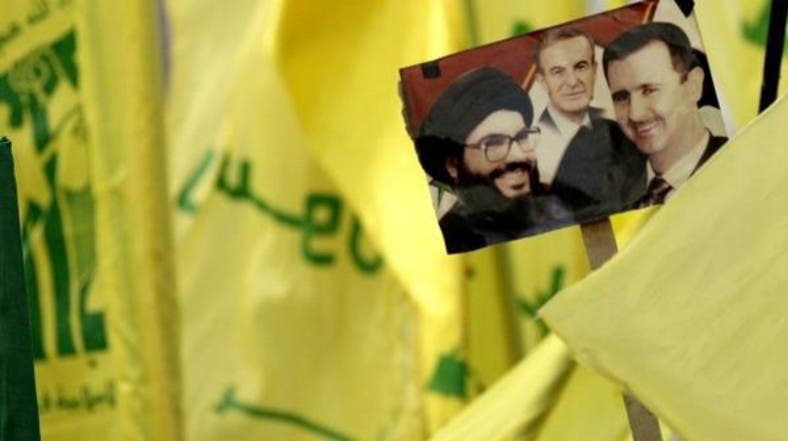Money-Laundering ring funding Hezbollah cracked by Australian police
Al Aribaya -- 23 January 2014
Fairfax said at least one of the exchange houses used in the Middle
East and Asia delivered a cut from every dollar it laundered to
Lebanon’s powerful Shiite movement and Syria ally Hezbollah. (File
photo: Reuters)
AFP, Sydney
Thursday, 23 January 2014
Thursday, 23 January 2014
The Australian Crime Commission said more than Aus$580 million (US$512 million) of drugs and assets had been seized, including Aus$26 million in cash, in a year-long sting codenamed Eligo targeting the offshore laundering of funds generated by outlaw motorcycle gangs, people-smugglers and others.
According to the ACC, the operation had disrupted 18 serious and organized crime groups and singled out 128 individuals of interest in more than 20 countries, tapping information from agencies including the United States Drug Enforcement Administration.
Eligo saw 105 people arrested on 190 separate charges and resulted in the closure of three major clandestine methamphetamine labs and Australia’s largest-ever urban hydroponic cannabis hothouse in Sydney last November.
“The task force focused on high-threat money laundering activities and, as a result, revealed a range of different crime types which has led to these extraordinary outcomes,” said Australia’s Justice Minister Michael Keenan.
“Seizing more than $550 million worth of drugs and cash is a significant blow to the criminal economy,” he added.
Legitimate international cash wiring services were a major focus of the operation, with the government’s anti-laundering agency AUSTRAC saying they had been identified as at “high risk of being exploited by serious and organized crime groups”.
According to a Fairfax media expose on the operation, criminals targeted foreign nationals and students in Australia awaiting remittances from overseas, hijacking the transaction by depositing dirty money to the payee and then taking the cash wired from offshore.
Fairfax said at least one of the exchange houses used in the Middle East and Asia delivered a cut from every dollar it laundered to Lebanon’s powerful Shiite movement and Syria ally Hezbollah, which is banned as a terrorist organization in Australia.
“It was just never-ending,” said ACC acting chief Col Blanch. “We were regularly finding bags of $500,000 and $400,000.”
Organized crime is estimated to cost Australia Aus$10-15 billion per year by the ACC, with drugs, money-laundering, fraud, firearms and high-tech cyber offences the major issues.
Profits from transnational organized crime were estimated at US$870 billion in 2009 -- the latest available data -- according to the ACC’s 2013 report into the sector. That represented about 1.5 percent of global GDP at the time.

<< Home